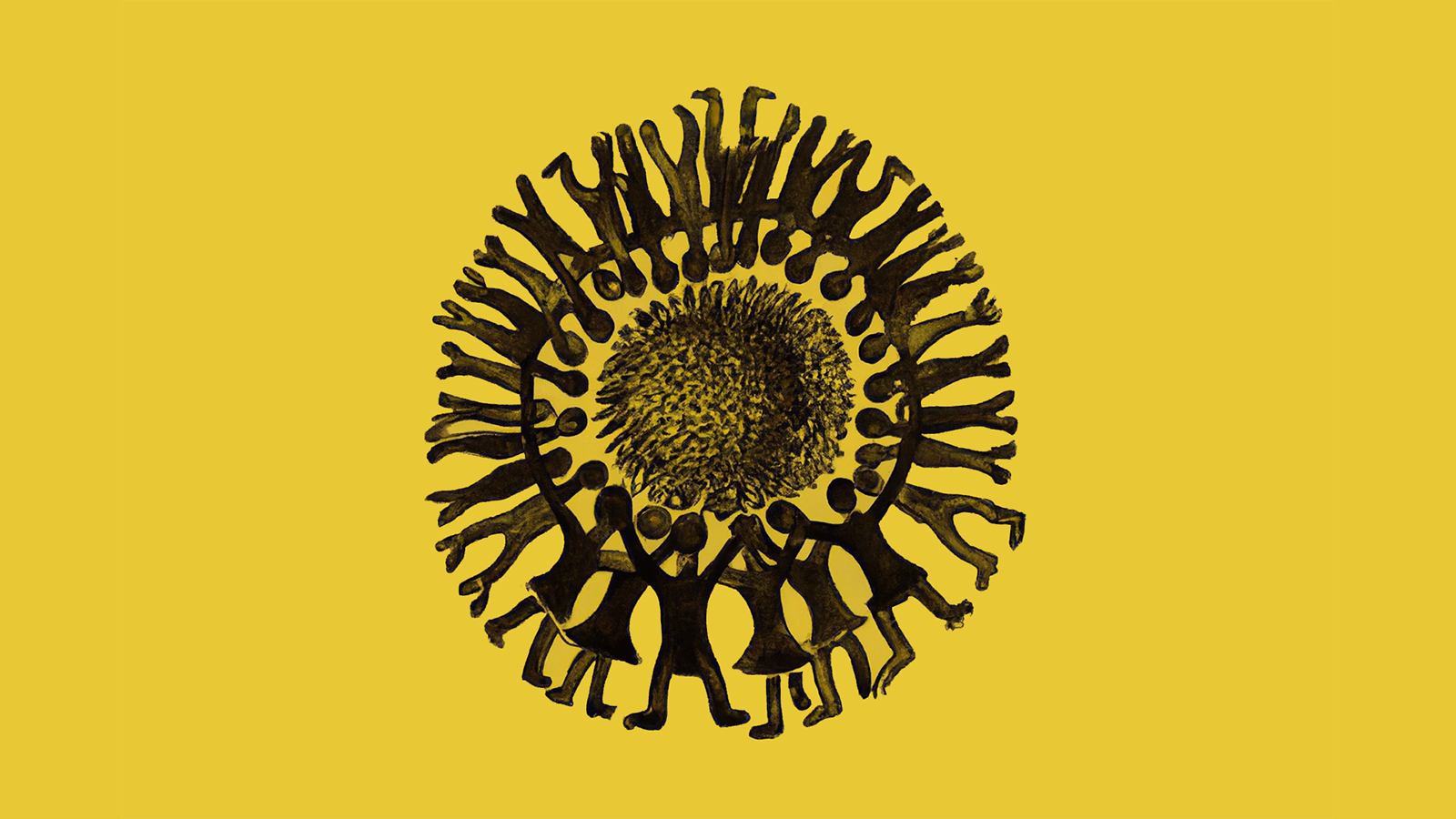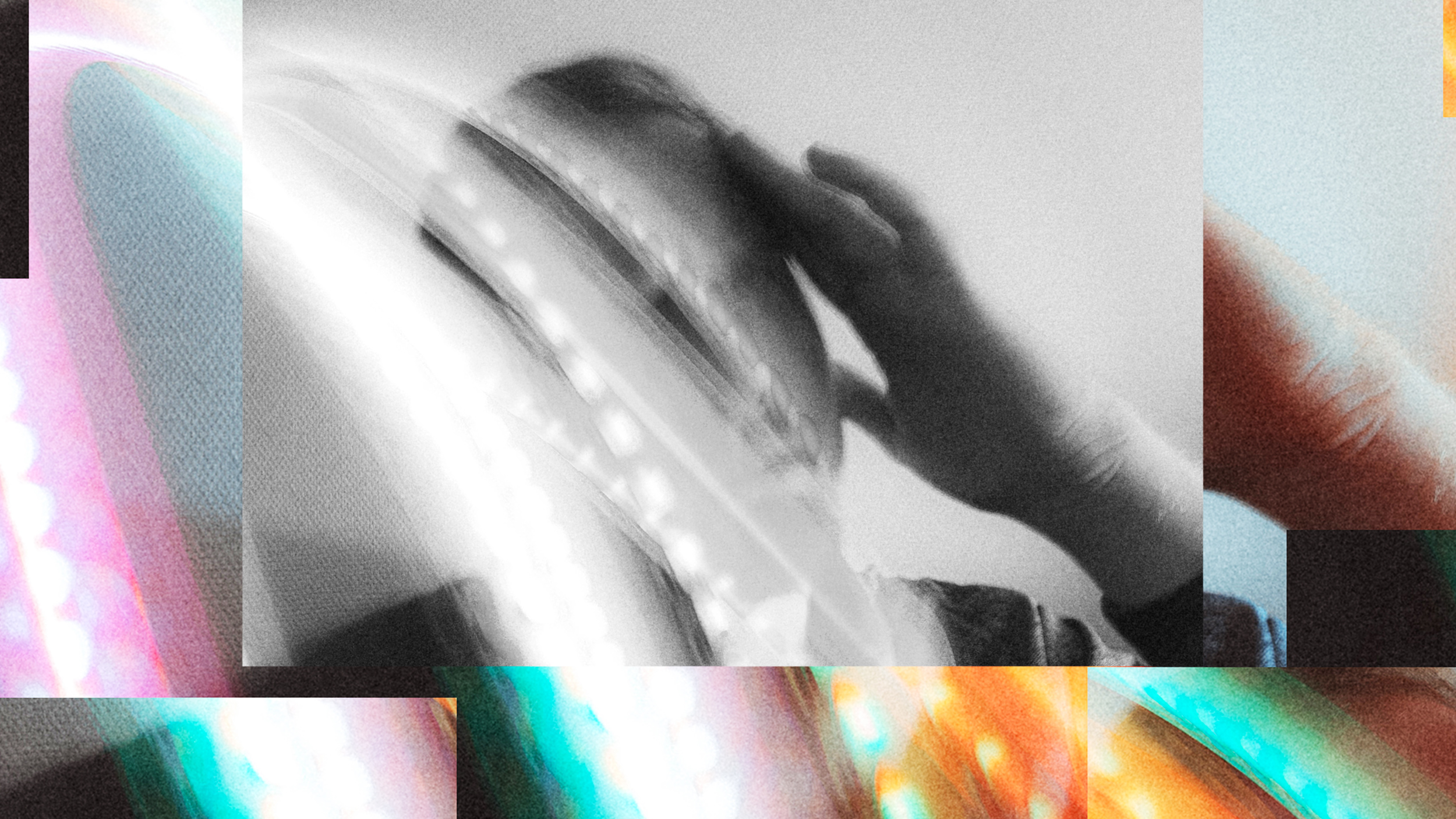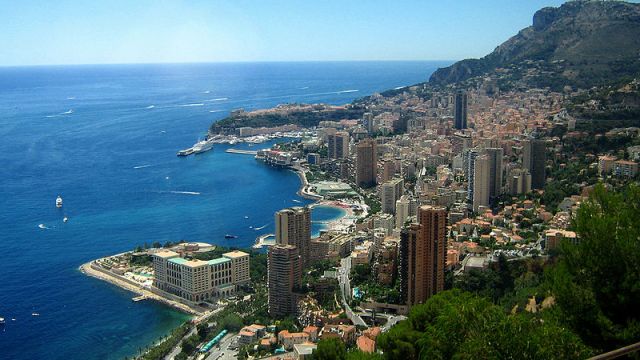Pakistani Fashionistas Through the Lens of a War Photographer

My own presumptions about Pakistan did not prepare me for the sight of this, this, this, or any of Kate Brooks’ other photos from Karachi’s “fashion week” — a glitzy event that, in the words of its organizer, can be seen as a “gesture of defiance to the Taliban.”
This blog, as I’ve explained, is partly about highlighting the unexpected and reminding us that we need to guard against thinking we know enough to cheer missile strikes in faraway places. Does the fact that 700 people came to a fashion show in Karachi mean that the people of Pakistan love America and want nothing more than to hang out at the mall with us? Clearly not. Will a single fashionista speaking of “defiance” toward the Taliban stop the “deluge of death and destruction” or prevent Pakistan’s nukes from falling into hostile hands? No.
But these photos, which Brooks shot for Time, matter to me. Why? Because even though I resist, oversimplification and dehumanization always seem to tug at me — in ways that risk making me both callous about war and gullible about peace. So I want to see human faces, hear human stories, and strive to know the individuals who want me dead or want my help or, most likely, want to be left alone to live their lives.
Brooks, who moved to Pakistan right after 9/11, summed up her documentary mission like this in a 2006 interview: “trying to always bring people back to the human costs of war.”
She hopes her photos challenge those of us “who don’t really understand the region and haven’t spent time there and primarily watch the news.” We are the ones, in her experience, who tend to make confident statements that war is the only answer to threats.
Brooks wants her photographs to complicate our generalities with specifics: “What about the child who was killed wearing a Spiderman T-shirt? And what about this child who lost his home? And what about this family who’s lost all of their children? Where can this possibly lead? It’s not going to lead to any stability or long-lasting peace.”
Whether we embrace Brooks’ goals for her photography or find them propagandistic, it’s healthy that she spoke so candidly. Her words remind us that we should approach any news photo with a mix of skepticism and open-heartedness.
More of Brooks’ work can be seen here and here. Her advice to aspiring international photojournalists is included here.
****
UPDATE (11/17/09) After posting this, I exchanged brief e-mails with Kate Brooks. She would like to make sure readers understand that she did not contribute to this post and that I did not interview her. From the fourth paragraph onward, all quotes are from the 2006 interview that I linked to. I did not mean to imply otherwise and apologize for any confusion. Brooks also would like to stress that the words she spoke in 2006 focused specifically on that year’s war in Lebanon between Israel and Hezbollah. Looking back three more times now over that 2006 interview, the only quote I used that seems plainly to encompass conflicts all around the region has to do with Brooks’ goal of “trying to always bring people back to the human costs of war.” The remaining quotes, as Brooks rightly pointed out via e-mail just now, refer to Lebanon in the summer of 2006. Whether I’ve succeeded in clarifying this or only in confusing you further, I encourage you to simply watch the video of the 2006 interview and hear Brooks speaking for herself. The four-minute video also features an assortment of her photography. So please do go watch it.





